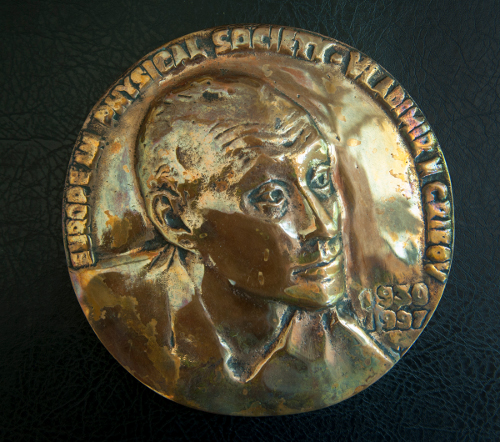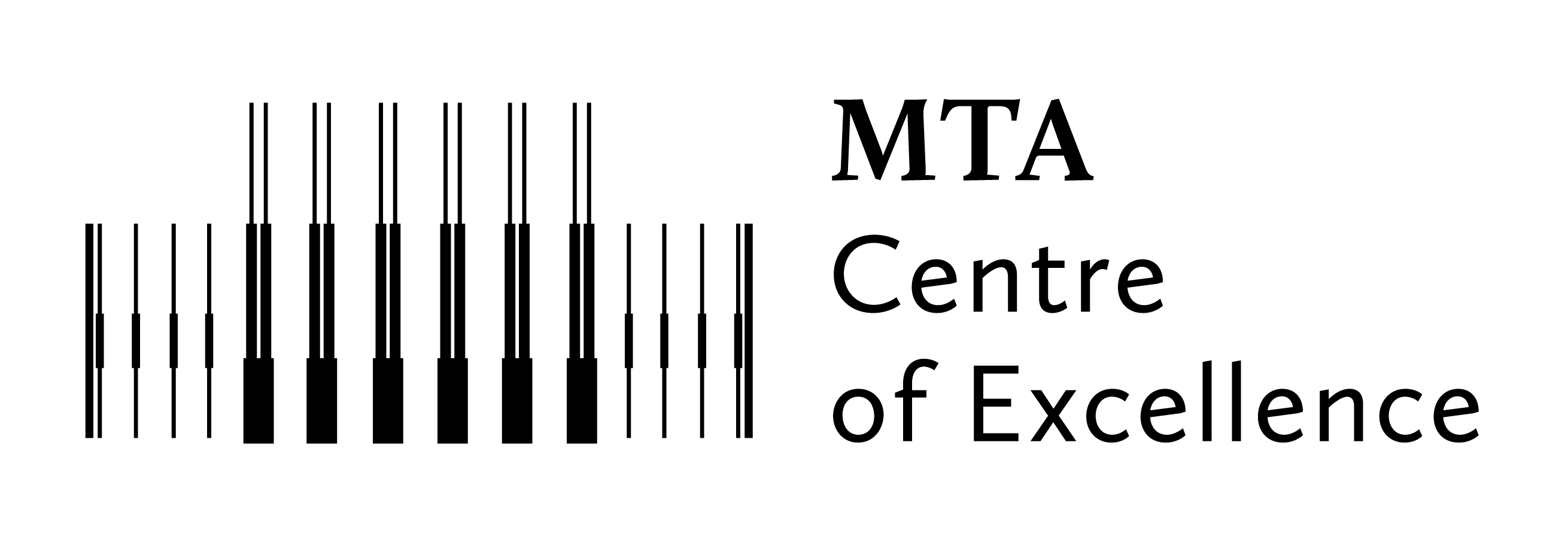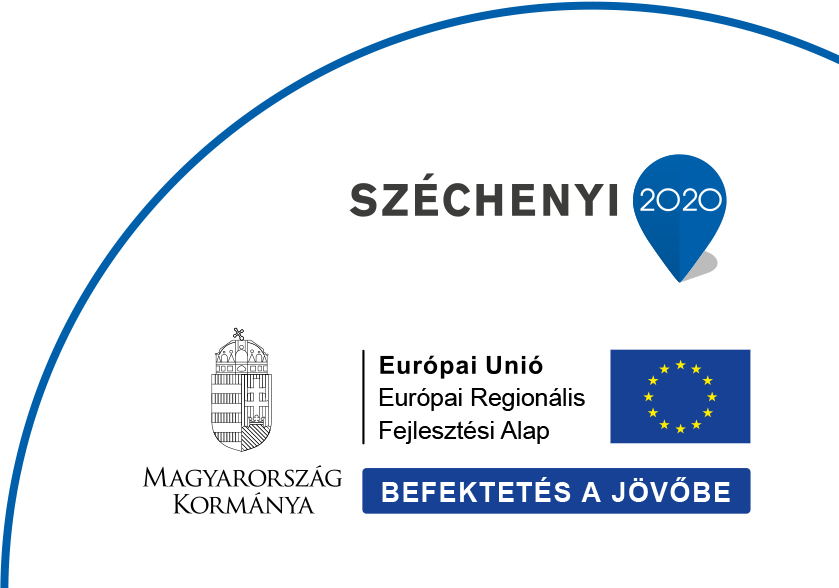The High Energy Physics Conference of the European Physical Society was organized between 26-30 July 2021, in the on-line space, by the University of Hamburg and the DESY Laboratory. The conference featured plenary, review and parallel sessions covering all major areas and developments in high energy and particle physics, astroparticle physics, neutrino physics and related areas. During one week 1900 registered participants visited the 56 plenary and review talks, and the 595 presentations in the parallel sections. The plan is to organize the HEP2023 in Hamburg, but in the real space.
EPS HEP Conference is followed with great interest to see the recognized results of high-energy physics from the last decade. This year the EPS HEP Prize has been jointly awarded “for the conception, development and realisation of parton shower Monte Carlo simulations”
to Torbjörn Sjöstrand (Lund University) for the PHYTIA event generator and Bryan R. Webber (University of Cambridge) for the HERWIG simulation code. Both codes are widely used in the scientific community.

The 2021 Gribov Medal (established by the Eötvös Loránd Physical Society in 2001 for the EPSHEP 2001) is awarded for outstanding work of a young physicist in Theoretical Particle Physics and/or Field Theory. This year Bernhardt Mistlberger from the SLAC Laboratory (USA) has been received the Medal “for his groundbreaking contributions to multi-loop computations in QCD and to high-precision predictions of Higgs and vector boson production at hadron colliders.”
Congratulations to the prize winners. Bernhardt Mistlberger was invited to visit Budapest and Wigner RCP in the near future and give a talk in the Wigner Seminar series.
Announcement on the HEP2021 Conference by Peter Levai:
The Gribov Medal has been established by the Hungarian Eötvös Loránd Physical Society in 2001, when the EPS HEP2001 Conference was organized in Budapest. Vologya Gribov was a prominent Russian theoretical physicist, who worked on different questions of strong interaction, using quantum field theory and Regge-theory. He contributed to the creation of the DGLAP-equations, invented the Gribov-copies and the pomeron. He was born in Leningrad in 1930 and started his carrier in Leningrad, later on in Moscow. He moved to Budapest in 1990. In 1997 he has suffered a heart-attack at a conference and died in the local hospital.
The Gribov Medal has been established to keep the memory of his outstanding achievements and honour young theoretical physicists at the beginning of their carrier. The Gribov Medal, a heavy bronze medal with the portrait of Vologya Gribov, is maintained by the Wigner Research Centre for Physics in Budapest, where he was working during his stay in Hungary.
As director-general of the Wigner Research Centre for Physics, it is my honour and privilege to announce the name of the young physicist awarded by the Gribov Medal this year, following the decision of the High Energy Particle Physics Board of the EPS.
In 2021 for his outstanding work in Theoretical Particle Physics and Field Theory Bernhardt Mistlberger from the SLAC Laboratory (USA) has been awarded by the Gribov Medal “for his groundbreaking contributions to multi-loop computations in QCD and to high-precision predictions of Higgs and vector boson production at hadron colliders.”
This year I can not handle the Gribov Medal personally, we may have an opportunity to do this in Budapest in the near future.
Hereby I congratulate to Bernhardt Mistlberger.



